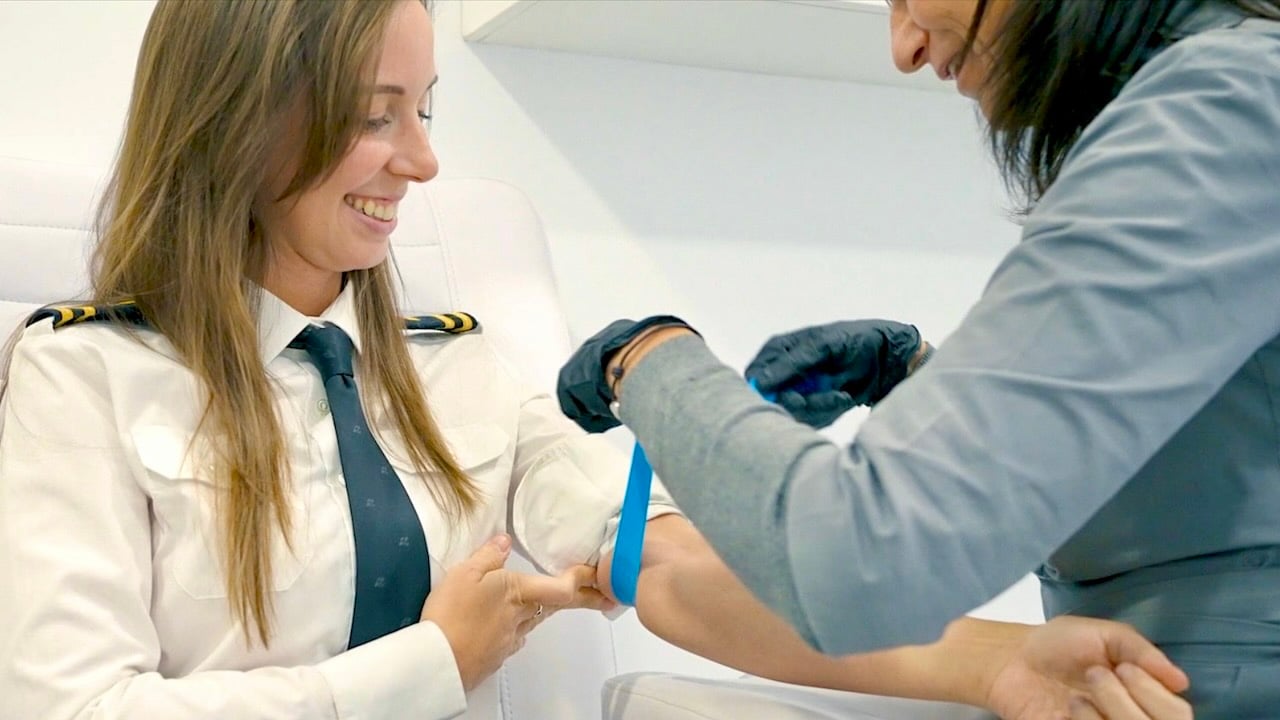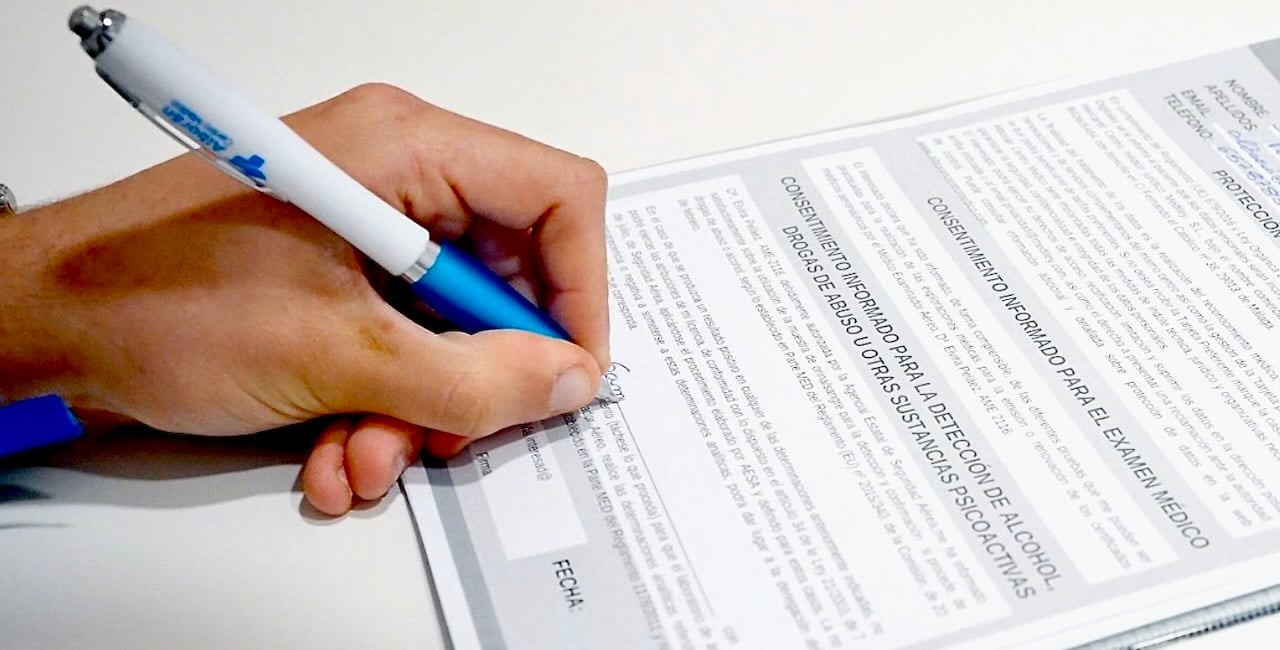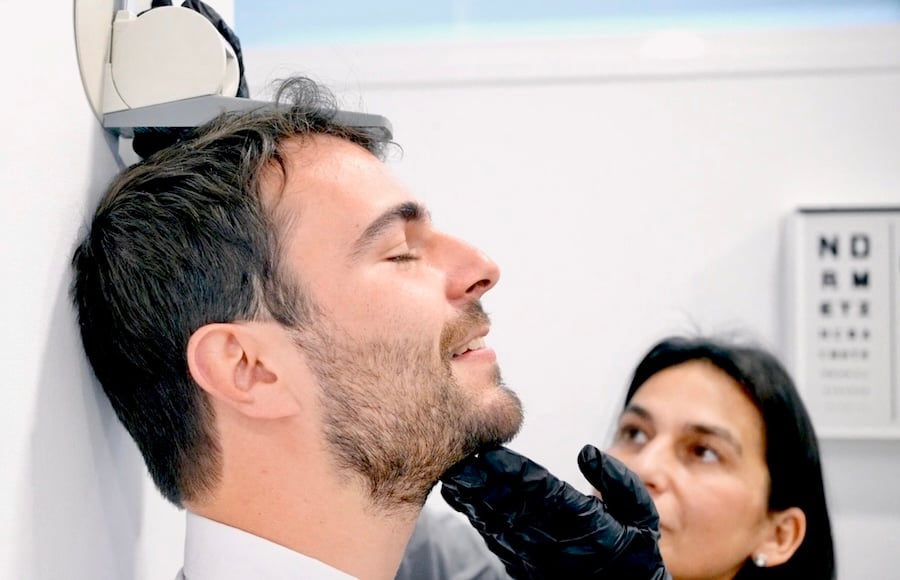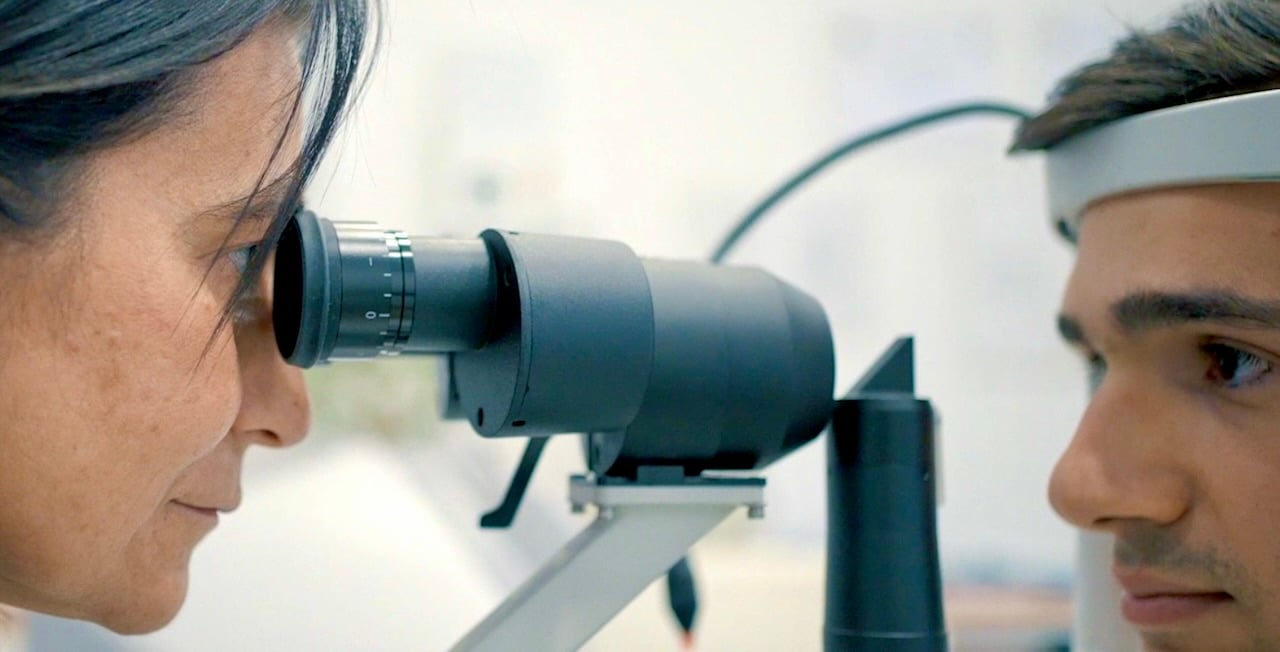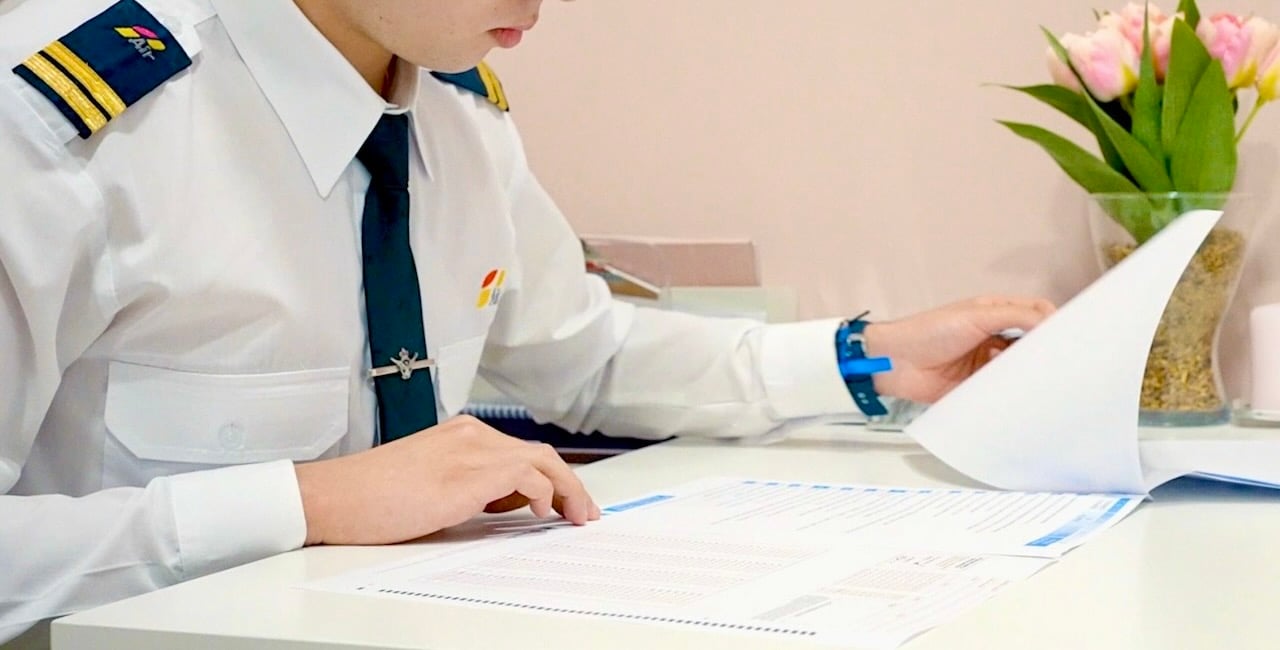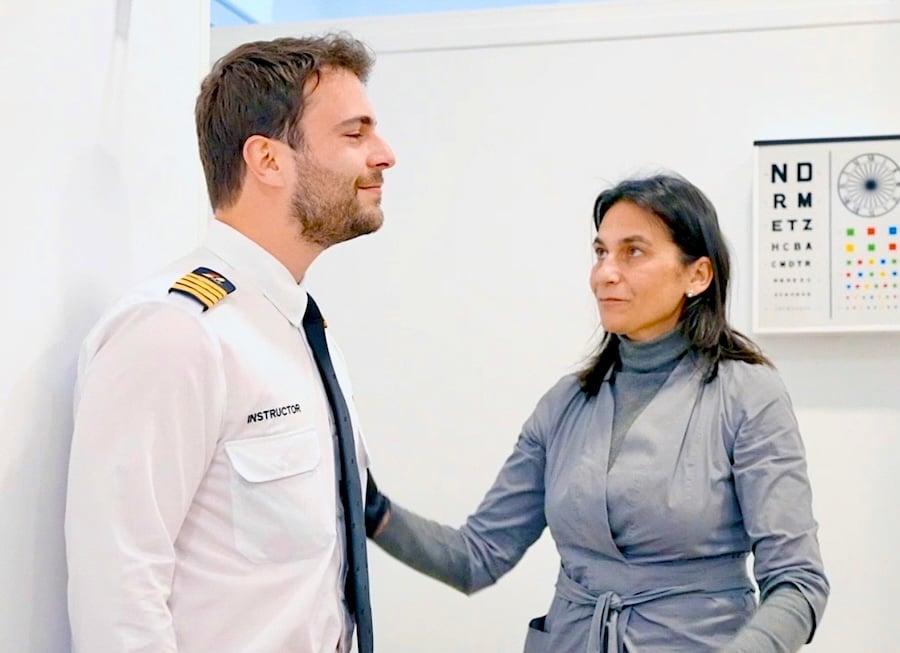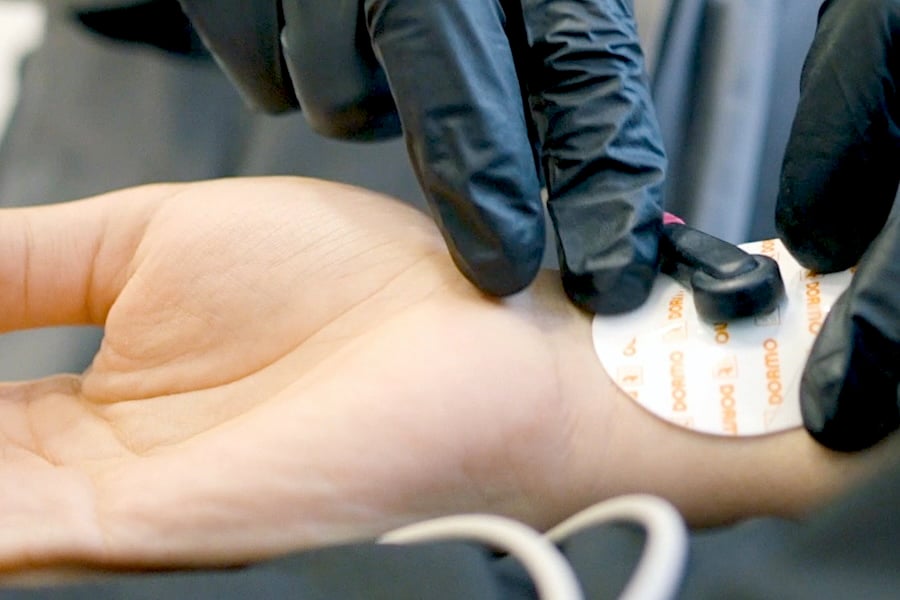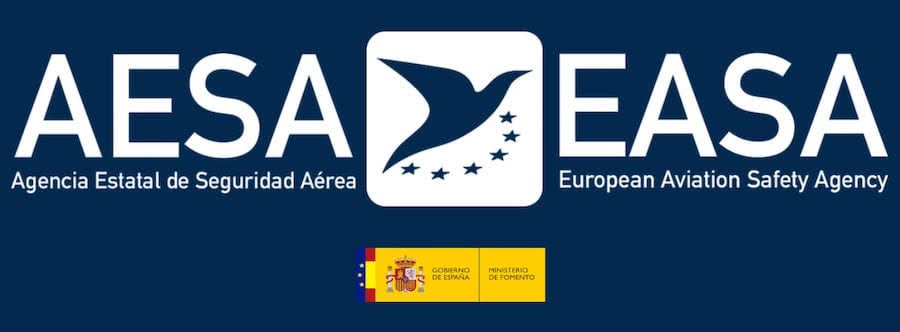Optimal health and physical condition are essential responsibilities for aviation professionals. Did you know that pilots are less likely to suffer from common illnesses than the general population?
Crew members, including pilots, flight attendants and air traffic controllers, must undergo a mandatory medical examination in order to obtain or renew their aviation licence with a medical certificate. This ensures the safety and professionalism required to keep passengers safe and emphasises the importance of good health.
This article examines the medical requirements for commercial pilots and the physical and psychological tests required to pass.
Looking for a pilot medical? Stay with us for the best advice on how to ensure a safe and healthy assessment. Let’s get started!
Contents
- Types of aviation medical certificates
- Validity periods for aviation medical certificates
- Physical and psychological requirements for the Aviation Medical Certificate
- Tests for the Class 1 Medical Certificate
- Tests for the Class 2 Medical Certificate
- Where to undergo the Pilot Medical Examination?
- CAA Aviation Medicals: How to get your medical certificate in the UK
- FAA Aviation Medicals: What about getting your medical certificate in the USA?
- Seven tips for a safe and healthy medical examination
- Understanding the Aviation Medical Certificate

